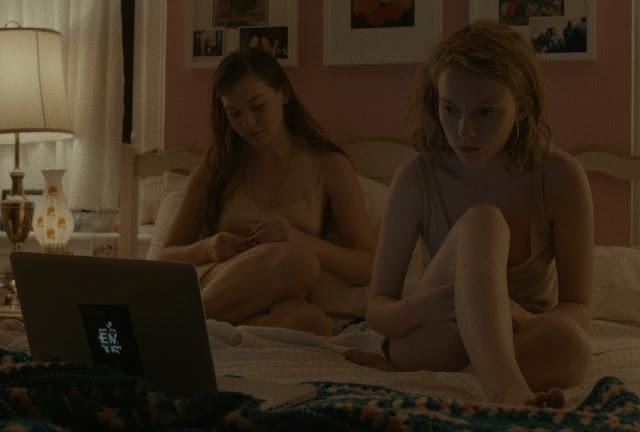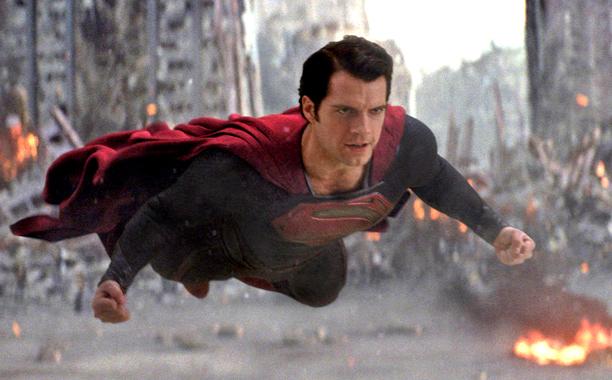
Matt Porterfield’s film draws its title from Bill Callahan’s song “Jim Cain,” one of several about his breakup with Joanna Newsom, but the Bill (Ned Oldham) who appears on-screen in the movie is not the focus of the film. Instead, I Used to Be Darker focuses on the reaction of the daughter (Hannah Gross) being affected by her parents’ separation, though it is truly moved by her Northern Irish cousin (Taryn) who has run away across the pond and found more troubles than she’d left behind. By expanding the perspective outward from the myopia of a breakup album, Porterfield trades narcissism for a deeper, more empathetic consideration, one that gives equal weight to everyone’s reactions and also makes the acrimony between wounded parties all the more bitter as witnessed by bystanders. Everyone in the film speaks bluntly of what eats away at them, but that does not preclude moments of evocative impressions, as when Bill tells his soon-to-be-ex (Kim Taylor) how much he hates shaking the hands of those who come to his house to take her instruments away. The initial bustle of edits gives way to long takes that survey each scene as if assessing damage for insurance purposes, and a final embrace shows characters finding comfort with each other only because there is none to be had anywhere else. Grade: B+
It Felt Like Love (Eliza Hittman, 2013)

Eliza Hittman’s debut has the mark of a great natural talent, one raw enough to make plain her inexperience but sufficiently nuanced and gifted to carry herself as a more seasoned pro. Her look at sexual awakening contains a complexity alien to most films on the topic, capable of confronting the dangers of a teenage girl’s overconfident entrance into sexual activity without destroying her or corrupting sex for good. Hittman finds an ideal actor in Gina Piersanti, whose Lila wears sunscreen like a Noh mask, a pancaked blotch of innocence that she washes off the second she sees a boy who stirs lust in her. The bobbing camera and spur-of-the-moment compositions lack the rigour of Éric Rohmer’s work, but Hittman’s ability to completely communicate her subject’s POV even when the character is in the frame recalls the French master. Like Lila, the camera always looks after lovers, left out but always finding a thin excuse to squeeze in the thin space between coupled bodies. One shot at a party that shifts focus between Lila, the object of her affections, then back to the friend who suddenly realizes her buddy’s lovesickness, is as inspiring as the wisps of hope Hittman leaves at the end that her naïve protagonist will survive the terror and barbarism of sexual discovery despite what is thrown at her. Grade: B
Man of Steel (Zack Snyder, 2013)

If this movie displays Superman’s idea of saving people, you’ve got to wonder what his antagonism would be like. Drearily updating the hero for the post-9/11 era, Man of Steel turns justifiable attempts to grapple and rework the basic story of Superman—a childhood of bullying and terror of his own powers, the felt burden of being a god to mortals—into a ponderous, clanging mess. David S. Goyer’s script takes so many shortcuts to blunt statements of purpose the overlong film nevertheless feels drastically cut: when Lois Lane arrives at a military dig and immediately tells the C.O. to stop measuring dicks, one is left to wonder when dick-measuring even started. Kevin Costner and Russell Crowe give their best performances in years as Clark’s two fathers, both appearing as ghosts urging, respectively, restraint and acceptance of Superman’s true self. But the weariness and love of their performances is eventually lost in carnage, much of it by Superman’s own hand and by the time he and Lois share a kiss against a backdrop that looks recycled from Threads, one can only wish that all the Christ imagery that comes with the film could convert Kal-El into a New Testament God instead of the destructive older model. Grade: D

